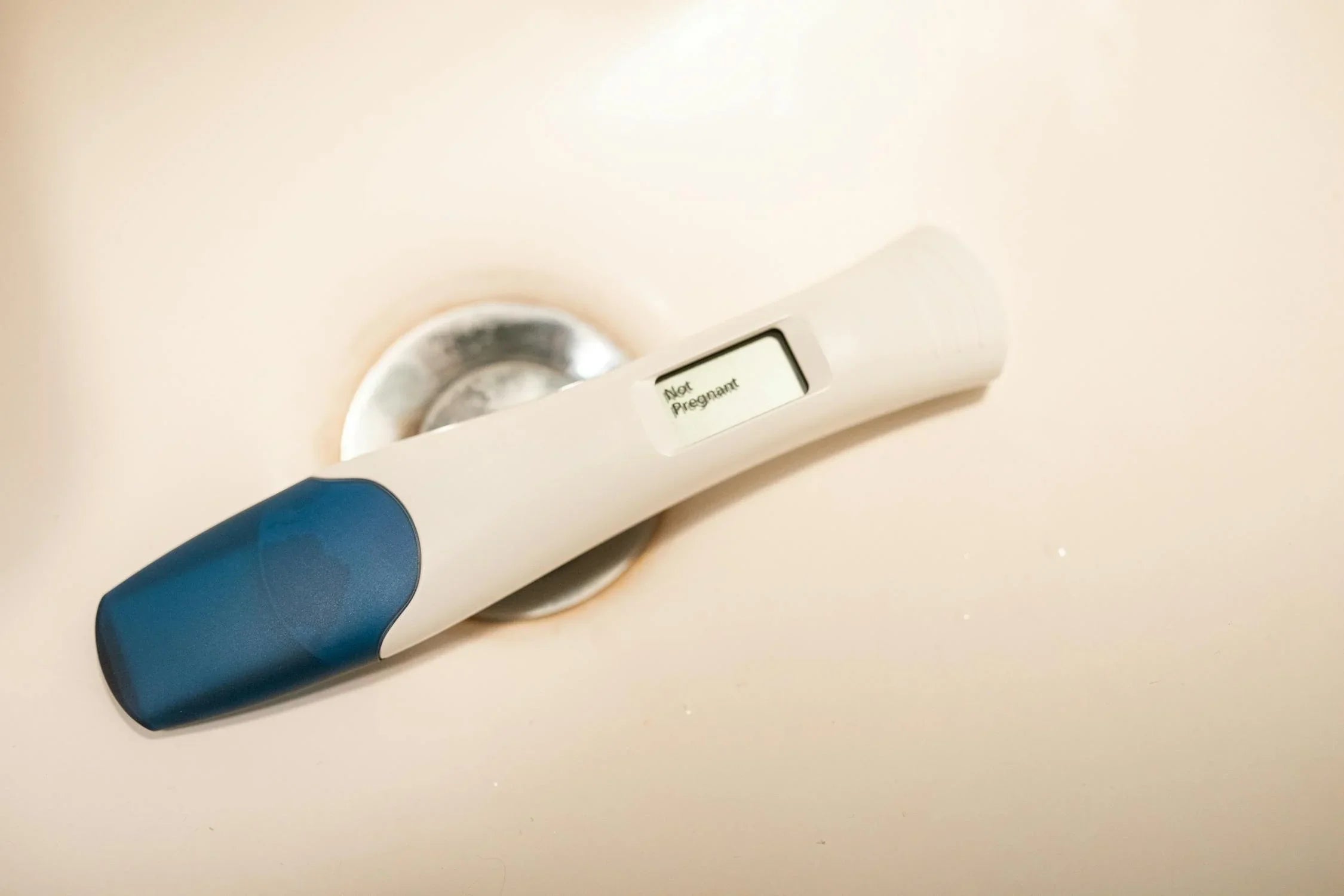Home
Pregnancy, Breastfeeding, and Pumping: The Ultimate Guide for Moms
Could a Pregnancy Test Be Positive After a Week?

Could a Pregnancy Test Be Positive After a Week?
Pregnancy tests are a common tool for women who suspect they might be expecting. But how soon can they provide accurate results? The question 'Could a pregnancy test be positive after a week?' is one that many women ask, especially when they are eager to find out if they are pregnant. This article delves into the science behind pregnancy tests, the timing of conception, and the factors that can influence the accuracy of test results.
Understanding Pregnancy Tests
Pregnancy tests work by detecting the presence of a hormone called human chorionic gonadotropin (hCG) in a woman's urine or blood. This hormone is produced by the placenta shortly after a fertilized egg attaches to the uterine lining. The levels of hCG increase rapidly in the early stages of pregnancy, doubling approximately every 48 to 72 hours.
Timing of Conception
Conception typically occurs when a sperm fertilizes an egg, usually within 24 hours after ovulation. After fertilization, the egg travels down the fallopian tube and implants itself into the uterine lining. This process, known as implantation, usually takes place about 6 to 12 days after ovulation. Once implantation occurs, the body starts producing hCG.
When Can a Pregnancy Test Detect hCG?
Most home pregnancy tests claim to detect hCG levels as low as 25 mIU/mL. However, the sensitivity of these tests can vary. Some tests are more sensitive and can detect hCG levels as low as 10 mIU/mL. The timing of when hCG becomes detectable depends on several factors, including the time of implantation and the rate at which hCG levels rise.
Could a Pregnancy Test Be Positive After a Week?
For most women, hCG levels are not high enough to be detected by a pregnancy test until about 10 to 14 days after conception. However, in some cases, hCG levels may rise more quickly, and a pregnancy test could potentially show a positive result as early as one week after conception. This is more likely to occur in women who have a shorter menstrual cycle or who ovulate earlier than usual.
Factors That Influence Test Results
Several factors can influence the accuracy of a pregnancy test, including the timing of the test, the sensitivity of the test, and the concentration of hCG in the urine. Taking the test too early can result in a false negative, while taking it too late can lead to a false positive. Additionally, certain medications and medical conditions can affect hCG levels and test results.
Early Pregnancy Symptoms
In addition to taking a pregnancy test, many women look for early signs of pregnancy. These can include missed periods, nausea, breast tenderness, fatigue, and frequent urination. However, these symptoms can also be caused by other factors, so they are not definitive proof of pregnancy.
What to Do If You Get a Positive Result
If you receive a positive result on a pregnancy test, it is important to confirm the result with a healthcare provider. They can perform a blood test, which is more sensitive than a urine test, and provide guidance on next steps. Early prenatal care is crucial for the health of both the mother and the developing baby.
When to Take a Pregnancy Test
The best time to take a pregnancy test is after you have missed your period. This increases the likelihood of getting an accurate result. However, if you suspect you might be pregnant and cannot wait, you can take an early detection test. Keep in mind that these tests are not always accurate, and you may need to retest later.
False Positives and False Negatives
False positives and false negatives can occur with pregnancy tests. A false positive can be caused by certain medications, medical conditions, or an expired test. A false negative can occur if the test is taken too early, if the urine is too diluted, or if the test is not used correctly. If you receive a result that you are unsure about, it is best to consult a healthcare provider.
Conclusion
While it is possible for a pregnancy test to show a positive result after a week, it is not common. The accuracy of the test depends on several factors, including the timing of implantation, the sensitivity of the test, and the concentration of hCG in the urine. If you suspect you might be pregnant, it is important to take the test at the right time and confirm the result with a healthcare provider.
Curious about the accuracy of pregnancy tests and whether you could get a positive result just one week after conception? Dive deeper into the science and factors that influence test results to get the answers you need.
Share

